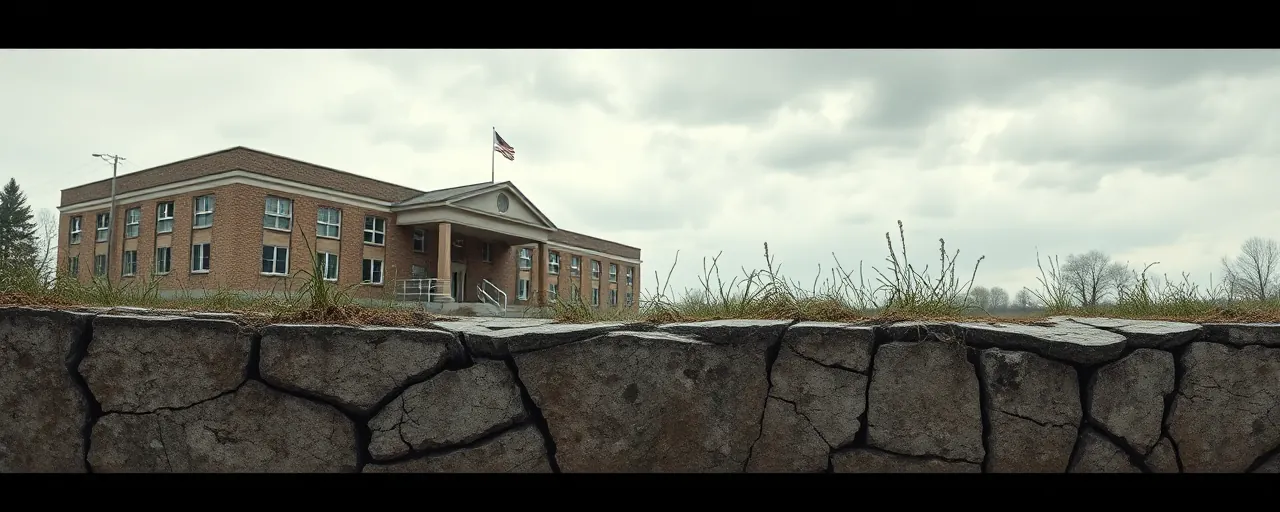A Blow to Opportunity
When Illinois crafted a scholarship program to uplift underrepresented students, it aimed to chip away at the stubborn barriers that have long kept higher education out of reach for many. The initiative targeted those historically sidelined, offering a lifeline to Black, Hispanic, and Native American scholars. Yet, in a move that stunned advocates, the Department of Justice swooped in, declaring the program unconstitutional. By April 2025, the state and six universities buckled under pressure, suspending the scholarships entirely.
This isn’t just a policy shift; it’s a gut punch to the very idea of leveling the playing field. The DOJ’s rationale hinges on a rigid interpretation of the Fourteenth Amendment, amplified by the Supreme Court’s 2023 ruling against race-conscious admissions. But let’s be clear: dismantling programs designed to correct centuries of exclusion doesn’t uphold equality. It entrenches privilege, cloaked in the language of fairness.
For students who relied on these funds, the suspension feels like a betrayal. A first-generation college hopeful from Chicago’s South Side, denied a shot at Northwestern because the scholarship vanished, isn’t thinking about legal nuance. They’re wondering how to pay for a degree that seemed within grasp just weeks ago.
The Legal Pretext and Its Flaws
The DOJ’s case rests on the Supreme Court’s decision in the Harvard admissions case, which struck down race-based policies for lacking a compelling state interest. Applied to Illinois’ scholarships, the argument is that prioritizing certain racial groups inherently discriminates against others. Universities like Loyola and the University of Chicago, wary of costly lawsuits, quickly complied, abandoning the program. But this reasoning flattens a complex issue into a simplistic narrative.
Historical data paints a different picture. Black and Hispanic students remain underrepresented in higher education, with only 15% of bachelor’s degrees awarded to Black students despite their growing share of the population. Scholarships targeting these groups were never about exclusion; they were about addressing a measurable gap rooted in systemic inequities, from underfunded schools to discriminatory hiring practices that limit family wealth.
Opponents of the scholarships argue that race-neutral alternatives, like focusing on income or geographic diversity, achieve the same goals without legal risks. Yet early evidence suggests otherwise. When universities shifted to such criteria after the 2023 ruling, some saw Black enrollment dip, while others reported only marginal gains for Hispanic students. These alternatives, while well-intentioned, often miss the mark, diluting the focus on those most impacted by racial disparities.
A Broader Attack on Inclusion
The Illinois case is no isolated incident. It’s part of a coordinated push by federal agencies to unravel decades of progress on equity. The Department of Education has over 50 universities under investigation for similar programs, wielding the threat of lost funding like a cudgel. Faculty and student advocates warn of a chilling effect, where institutions preemptively dismantle diversity initiatives to avoid scrutiny. This isn’t enforcement of fairness; it’s a deliberate rollback of efforts to make campuses reflect the nation’s diversity.
What’s lost in this crusade is the tangible impact of these programs. Studies show diverse educational environments boost academic outcomes for all students, fostering critical thinking and collaboration. By starving scholarships that support underrepresented groups, we risk not just their futures but the vitality of our institutions. A university stripped of varied perspectives isn’t a meritocracy; it’s a relic.
The DOJ claims it’s upholding equal protection, but its actions disproportionately harm those already facing steep odds. Pamela Bondi, the Attorney General, framed the suspension as a victory against divisive practices. Yet, division isn’t created by scholarships for marginalized students. It’s perpetuated by policies that ignore the uneven starting lines they face.
Fighting for a Fairer Future
The suspension of Illinois’ scholarships demands a response beyond resignation. Advocacy groups are rallying, urging lawmakers to craft policies that preserve equity within legal bounds. Some propose expanding need-based aid that implicitly targets underrepresented communities, like funding for students from under-resourced schools. Others call for public campaigns to highlight the human cost of these rollbacks, putting faces to the numbers.
We can’t afford to let this moment define the future of education. The promise of opportunity hinges on our willingness to confront hard truths about inequality and act boldly to address them. Illinois’ students deserve better than a system that pulls the rug out from under them. They deserve a chance to rise, unburdened by the weight of a past we’ve yet to fully reckon with.
